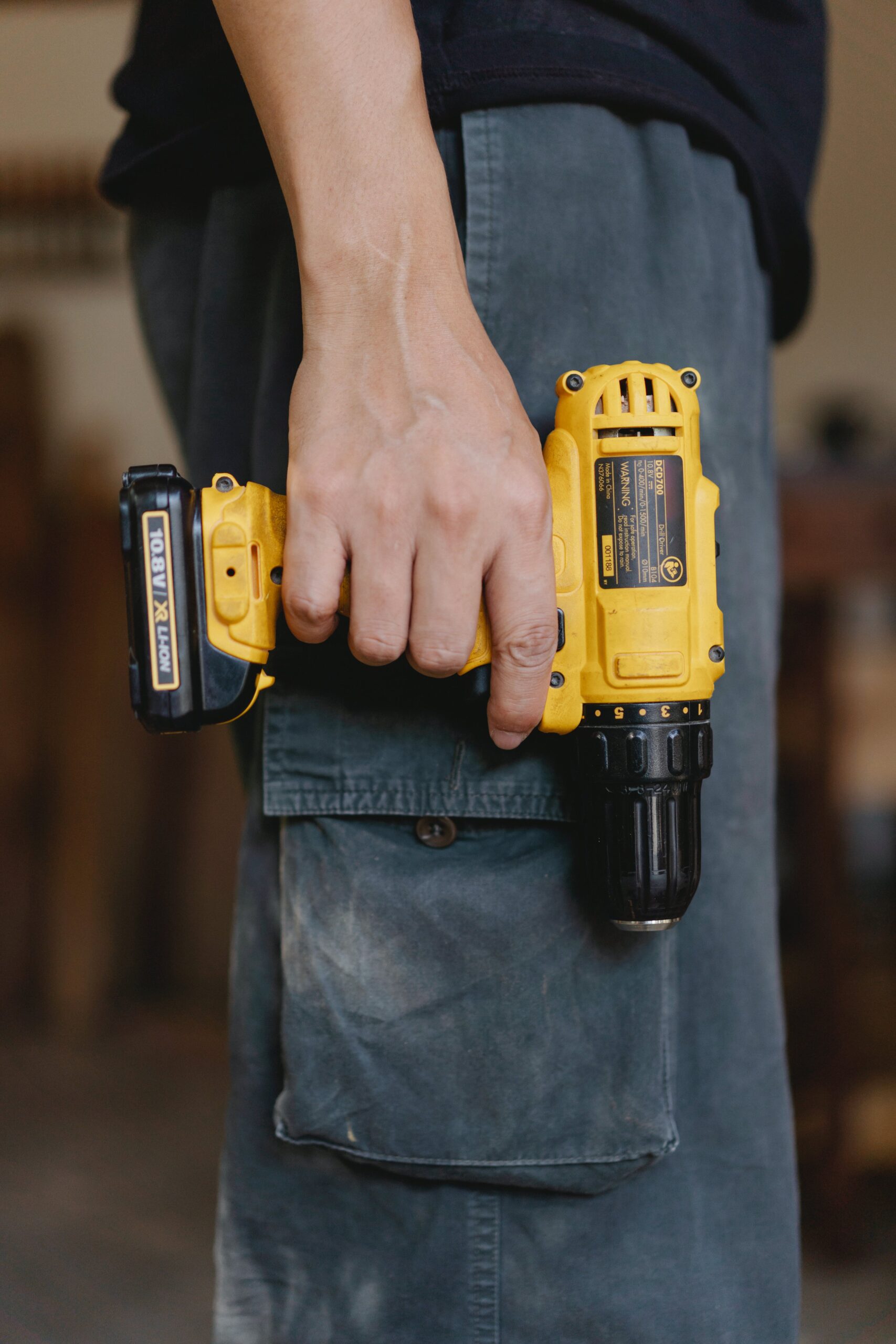
DIY projects can be a rewarding way to improve your home and save money. However, when it comes to electrical work, it’s crucial to approach with caution. Here are some key things to watch out for when you’re doing DIY electrical work on your home, signs of serious electrical problems, and when it’s time to call a professional.
 Key Considerations for DIY Electrical Work:
Key Considerations for DIY Electrical Work:
• Safety First: Always turn off the power at the breaker box before starting any electrical work. Use a voltage tester to ensure the power is off.
• Understand the Basics: Familiarize yourself with basic electrical concepts and terms. Know the difference between a circuit, a fuse, and a breaker.
• Use the Right Tools: Invest in quality electrical tools. Insulated screwdrivers, wire strippers, and voltage testers are essential.
• Follow Codes and Regulations: Your local area will have specific codes and regulations for electrical work. Make sure your DIY project complies to avoid potential fines or issues if you sell your home.
Signs of Serious Electrical Problems:
• Frequent Circuit Breaker Trips: Occasional trips are normal, but if it’s happening regularly, it could indicate a serious problem.
• Burning Smell or Sparks: If you notice a burning smell or see sparks coming from an outlet, it’s a sign of a potentially dangerous issue.
• Flickering Lights: This could indicate a problem with your electrical system’s load.
• Hot Outlets or Switches: If an outlet or switch is hot to the touch, it could be a sign of an overloaded circuit or faulty wiring.
 When to Call a Professional:
When to Call a Professional:
• Complex Projects: If your project involves adding new electrical circuits or major rewiring, it’s best to call a professional.
• Permit Required: Some electrical work requires a permit. In these cases, it’s often best to hire a professional who is familiar with the permit process.
• Persistent Issues: If you’ve tried to fix an issue and it persists, it’s time to call a professional. This indicates a deeper problem that needs expert attention.
• Safety Concerns: If you’re ever unsure or uncomfortable with a project, call a professional. It’s better to be safe than sorry.
In conclusion, while DIY electrical work can be a cost-effective solution for minor repairs and installations, it’s important to prioritize safety and know your limits. Always be aware of the signs of serious electrical problems and don’t hesitate to call a professional when necessary. Remember, electrical work is not a place for guesswork. If in doubt, always seek professional advice.






